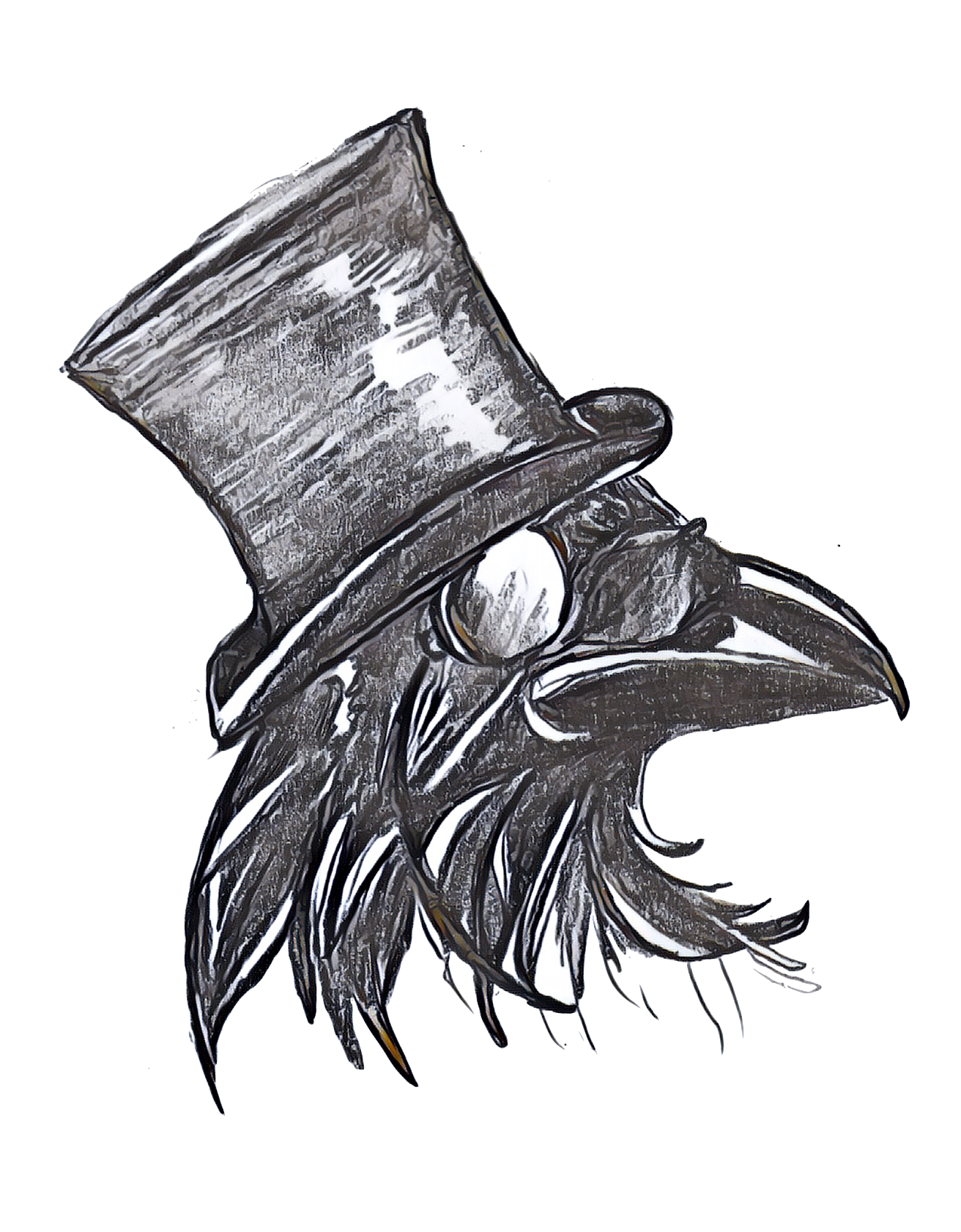Seer Children and Santa
When my wife and I realized our daughter could see spirits and things in the spirit realm that we could not see, we didn't immediately realize the conundrum regarding fantasies like Santa, the Easter bunny, and the tooth fairy.How do you handle a child who can see unseen things, which readily leads her to accept the existence of fairies, elves, Santa, and so on?I don't know how universally held these icons are, and I know I get visitors to this site from all across the planet, so I'm going to take a moment to provide my American context.When our child loses a "baby tooth", we would have her place it under her pillow for the "Tooth Fairy" to replace it with some money. (Yeah, yeah, it's very American... silly and all about money).For Easter, we'd hide plastic colored eggs with candy in them, more or less leading to an "Easter" basket with fake plastic grass in it and lots of candy that mainly I'd eat later on. (I know I have Christian readers who are already aghast at this practice... see my *addendum below).And for Christmas, Santa Clause brings a special gift for each child, after traveling from the North Pole, which sadly outshines the other gifts her mere parents bought and wrapped.*My parents played along with these fantasies, which I grew out of by the time I was 7 or 8. Some grow out earlier, the fun being spoiled by other children whose parents didn't participate in the fantasy. I remember how magical Christmas morning would be, waking up early... my parents, er, SANTA, having filled our living room with toys and presents. I grew up with meager means, and looking back, I'm stunned my parents could afford the things Santa brought. Even after I understood the truth about Santa, I played along, because I had younger sisters... and even when we all knew, we still played along because it was fun.And to me, that's the point. It's fun, inspired a healthy fantasy life, and a fertile imagination. My faith in God and other "real" unseen things wasn't shaken when I grew up and put away childish things.But what about Seers? What about children who see things we can't see, like shadows, multi-colord dots, balls of light, spirits, demons, and angels?Our daughter has absolutely no problem believing in fairies and magical men or bunnies that bring gifts, however illogical. Why? Because she sees spirits and other "invisible" things quite a lot. She sometimes sees so clearly, she forgets her parents cannot see what she sees. And her imagination is fertile. Sometimes her mom and I take time to discern if she's imagining something or seeing something.I think she suspects her parents are behind Santa and this year, when the tooth fairy forgot to take her tooth a couple nights in a row, she was shocked, shocked, I tell you! (I felt aghast!)When she was younger, the thought of the tooth fairy coming to her room scared her, because she had been visited quite a lot in the night by spirits whom she could see. But our assurance that the tooth fairy was safe overcame her fear... and caused me to question the value in playing that particular fantasy. Looking back, I rather regret doing so... I think I enhanced the fear of the unseen, and equated the tooth fairy with other things she really could see.I'm inclined to share the truth regarding the other fantasies now, because I know her faith in God and the spirit world would be secure. I'd love to hear the stories and thoughts of parents of other seers.Read Part 2, when I told my daughter the reality of Santa. *Some Christians take exception in participating in cultural rituals and festivals that are rooted in a pagan past. My wife and I don't. We live in a culture, and the Apostle Paul (in Colossians 2 made) clearly says it is acceptable, even healthy, for Christians to participate in cultural rituals, even of pagan or questionable roots, because Christians are actually citizens of Heaven, and no longer subject to the spiritual rulers and powers behind earthly rituals. He wrote, "Therefore let no one pass judgment on you in questions of food and drink or with regard to a festival..." (Yes, I know specifically he was talking about Hebrew festivals, but when you read the passage carefully, you can see he's talking about other cultural traditions as well). Paul went on to describe those who were legalistic about admonishing others for participating in cultural had "an appearance of wisdom in promoting self-made religion and asceticism..." And yet, really, they were undoing the reality that Christians have been set free to participate. Anyway, Christians have been set free from spiritual bondages that undergird festivals of any origin, from Hebrew feasts to Thanksgiving, from Independence Day to Halloween, from Christmas to Easter. So be in your culture, but not of the culture!







